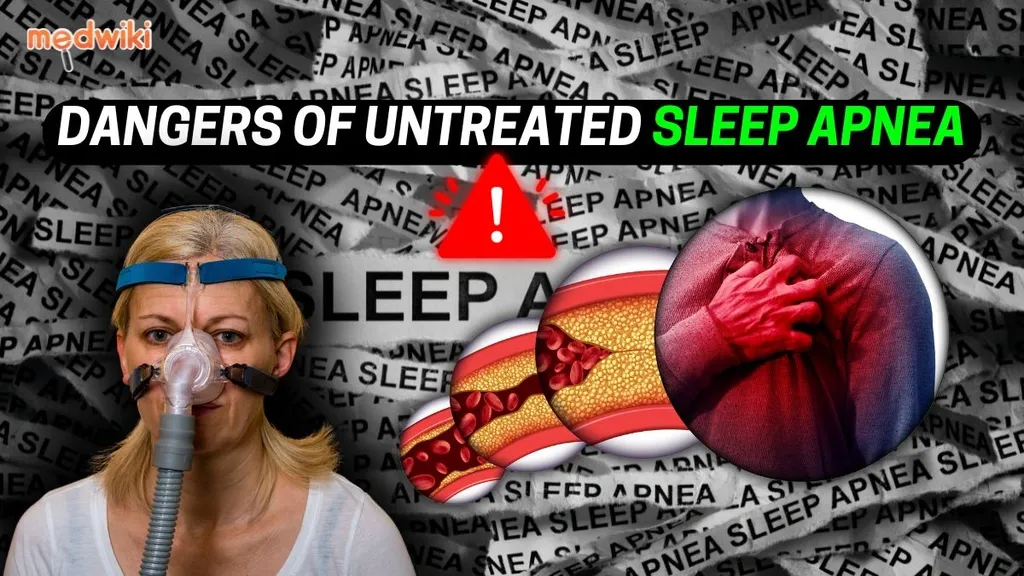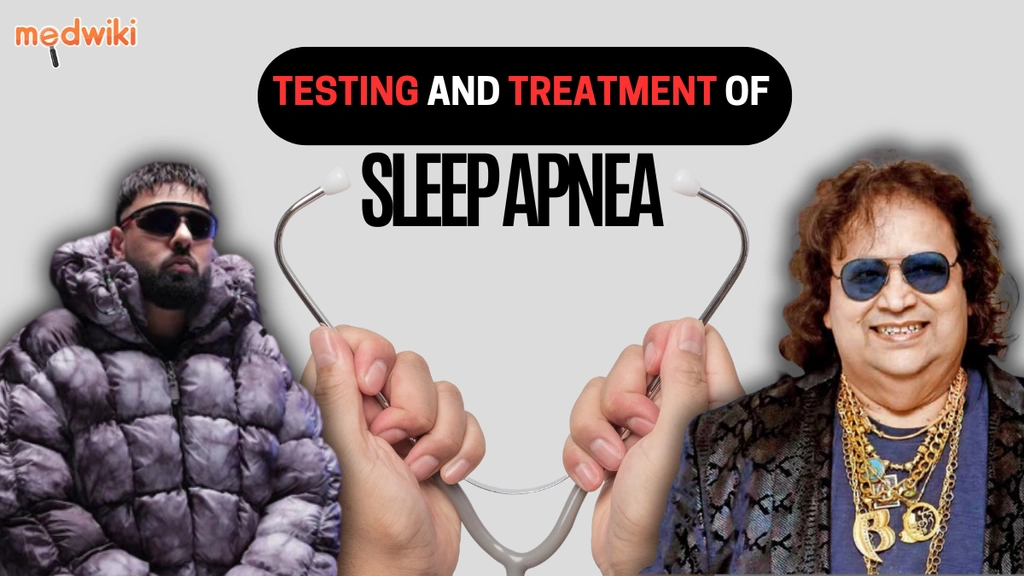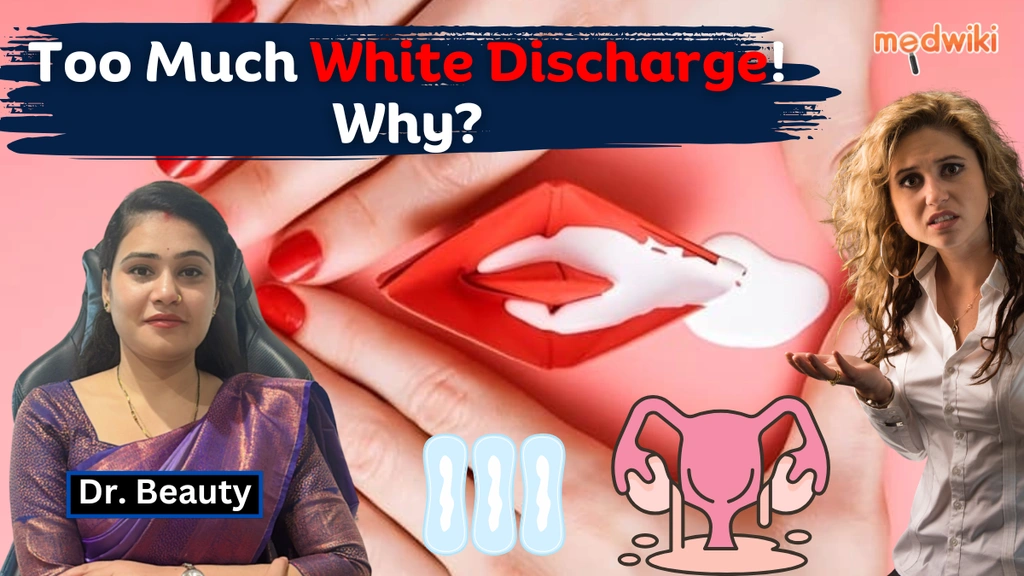Sebonac Gel
Introduction to Sebonac Gel
Related Faqs

Does Sebonac affect skin?
Sebonac works by softening the hard skin growth (seen commonly in corns and calluses), making it easier to remove with a pumice stone or emery board. It helps by killing the virus that causes warts and verrucas. Warts and verrucas are small excessive growths of skin caused by a type of virus. However, corns and calluses are hard, thick pads of skin caused by pressure and friction.

How long does it take for Sebonac to start working?
The length of treatment will vary depending on the size and resistance of the wart, verruca, corn, or callus. Some warts and verrucas require up to 12 weeks treatment before they disappear, whereas others may take a relatively short time. Continue using it as prescribed by your doctor.

What precautions do I need to follow while applying Sebonac?
Take special care while applying Sebonac, the gel should not come in contact with surrounding healthy skin. Special precautions should be taken for young children’s delicate skin, as this may cause irritation. Do not apply excessive amounts of gel. Keep the gel away from your eyes, nose, and mouth, and from cuts, and scratched or eroded skin. Avoid spilling as this may cause damage to you, your clothing, and your possessions. Do not use it near flames or ignition sources (e.g., burning cigarettes or anything else that might ignite it), as it is volatile and highly flammable.

How should Sebonac be applied?
Soak the affected area in warm water for 2 to 3 minutes. Dry the area thoroughly, using your own towel, so as to avoid infection. Carefully apply a thin coating (one or two drops) of the medicine to the top of the wart, verruca, corn, or callus. Avoid the medicine from spreading to the surrounding healthy skin. Allow the medicine to dry for a few minutes to form a small white patch. This patch sticks to the treated area and is water resistant. There is no need to cover the treated area with a sticking plaster. Wait till the next evening, carefully peel or pick off the white patch of dried gel from the wart, verruca, corn, or callus.
Disclaimer : This information is not a substitute for medical advice. Consult your healthcare provider before making any changes to your treatment . Do not ignore or delay professional medical advice based on anything you have seen or read on Medwiki.
Sebonac Gel
Prescription Required
Packaging :
tube of 30 gm Gel
Manufacturer :
Glowderma Labs Pvt LtdComposition :
Salicylic Acid (1% w/v)

















.svg)